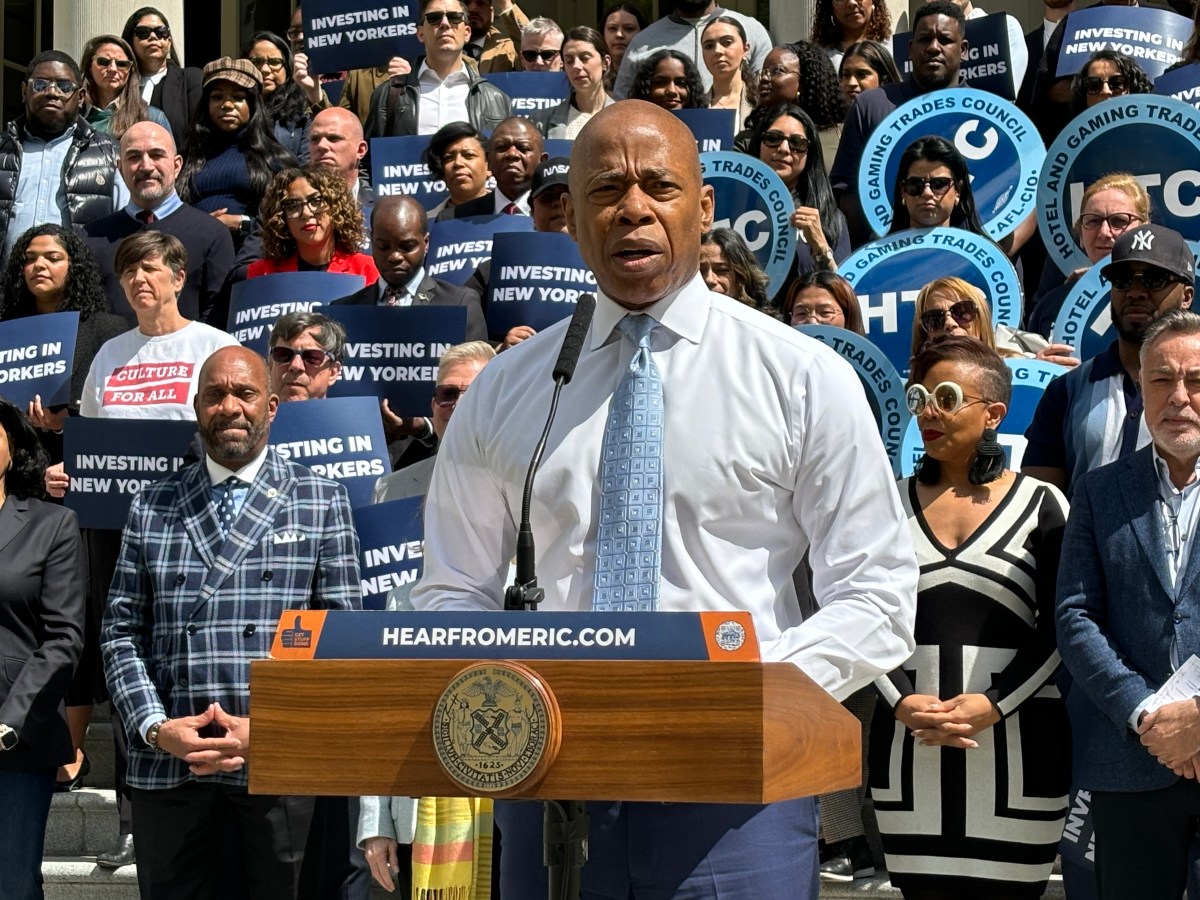 Tobias and Lindsay suffer more with each other on the new season of “Arrested Development.”
Tobias and Lindsay suffer more with each other on the new season of “Arrested Development.”
(PHOTO CREDIT: Netflix)
Although it’s hard to pinpoint precisely why “Arrested Development” failed to connect with many viewers during its initial, three-season, 53-episode run, it seems likely that one reason was the show’s narrative density. While its main thrust was chronicling Michael Bluth’s efforts to corral his wildly dysfunctional family, the series featured countless plot lines that slowly shifted into focus thanks to asides and ever-evolving references that rewarded obsessive attention spans and returning fans rather than first-time or sporadic viewership.
Now that the show is finally back, creator Mitch Hurwitz spared no effort in creating 15 new episodes that are as complex and layered as their predecessors. Even though audiences have started to enjoy the luxury of sorting through them all at once thanks to their simultaneous release on Netflix this past weekend, the show’s cast is quick to observe that even they occasionally struggled to wrap their heads around dialogue that might eventually be meaningful in as many as three or four different ways.
“I’ll try to explain it clearly but it will come out probably really confusing,” confesses Michael Cera, who rejoins the cast as George Michael Bluth, and is also a writer on the fourth season. “But there was one scene that was like a five-page scene in the computer lab, and different sections of this scene would appear in different episodes. So you’d be actually having to deliver a line that made sense in multiple, different contexts, that actually play against each other, and we’d have to deliver it in a way that tries to work for all three of those. And then you’d see an episode and you have different information and it means something totally different. That was really confusing.”
Jason Bateman remains a unifying presence, despite the fact that only two of the episodes focus on his character Michael’s peccadilloes. He says the Netflix episodes allowed Hurwitz more freedom: “I hope that’s appreciated by the few people who do love the show,” he says diplomatically. “They seem to be a group who likes things somewhat challenging. And the fact that Netflix affords [Mitch] the opportunity to have these stories go out over 15 different episodes, that are so intertwined that the same scene will repeat, from different angles, in multiple episodes, is a really unique thing and exciting thing to be a part of, in working with his complexity and with Netflix’s distribution platform. It’s a neat time to watch TV.”
Portia de Rossi, who plays Michael’s delusionally well-intentioned sister Lindsay, insists that the structure of the episodes — which follows just one character’s point of view rather than all of them — should actually be easier, not more difficult, for viewers to understand.
“It’s easier to digest than the original series, because we were following storylines A, B, C, D, E, and F,” she explains. “Now, we’re just following this one character, so in a way it’s easier to watch, and we’ve got a little bit more time to tell the story — as much time as we need.”
What seems to excite the cast the most is not simply the process of reuniting for more fun, but for the experience of creating something that seems largely unlike anything else that’s been on television — even including in the original show.
David Cross, who plays Lindsay’s feckless husband Tobias, says that audiences will love the experience, but he warns that it may take a little getting used to.
“I think it’s going to be a bit of an epiphany or a revelation,” he says. “You’re going to realize, ‘There’s a structure to this that I wasn’t aware of when I started watching.’ That’s going to make everybody triple-excited, and there’s going to be a sense of discovery to it that I think will be really exciting, and really define what TV can do.”
















